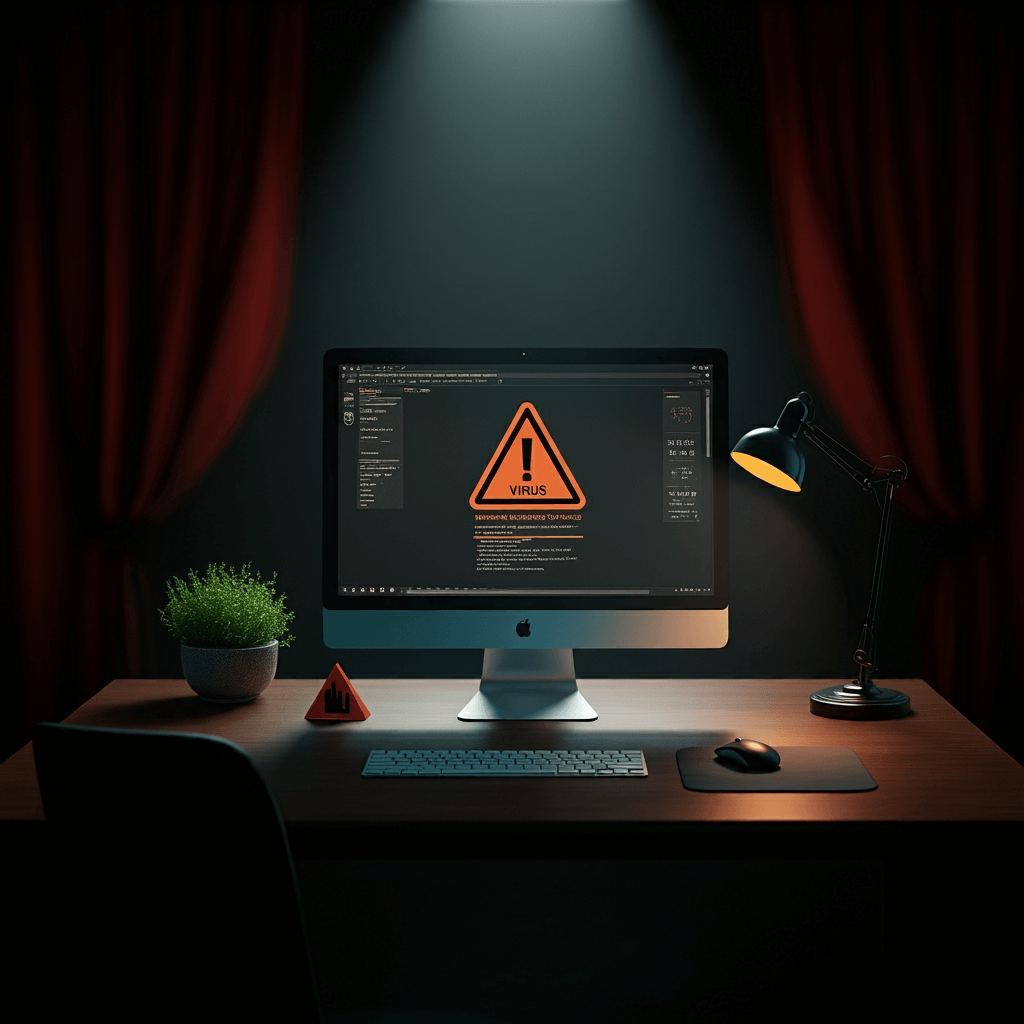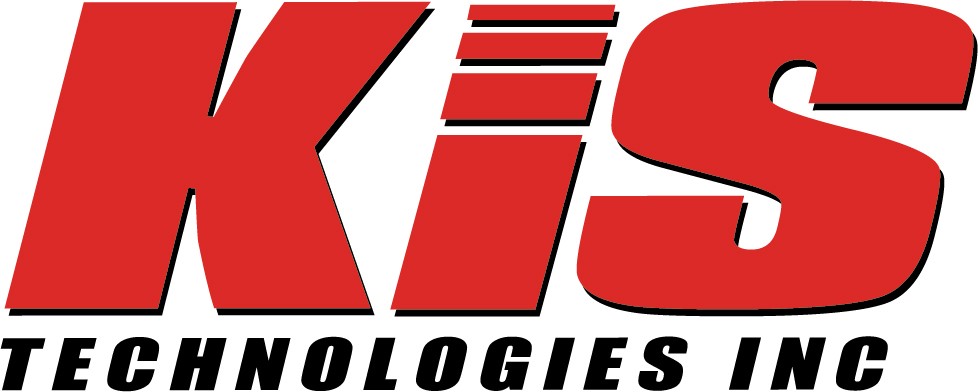It’s easy to take our computers for granted, but they’re constantly at risk from hidden threats like viruses and spyware. These sneaky pieces of malicious software can slow down your system, steal personal information, and cause all sorts of trouble. To keep your computer running smoothly and your personal data safe, it’s important to understand what viruses and spyware are, how they can invade your system, and the best ways to protect yourself.
In this guide, we’ll dive into what makes viruses and spyware tick, share practical tips to avoid these digital pests, and explain what steps to take if your computer does end up infected. And if you find yourself in need of a professional hand, KIS Technologies is here to help with top-notch virus and spyware removal services.
What Are Viruses and Spyware, and How Do They Affect Your Computer?
Viruses and spyware are two common types of malicious software that pose significant threats to your computer and overall cyber security. Viruses can corrupt files, steal data, and cause system crashes, while spyware silently monitors your activities and invades your privacy. To protect your computer from these threats and strengthen your cybersecurity, it’s crucial to adopt specific strategies.
Below, we will detail essential practices for avoiding viruses and spyware, including safe online behaviors, keeping your system updated, and using reliable antivirus software. These practices are key to maintaining your computer’s security and performance.
What Is a Computer Virus and How Does It Spread?
A computer virus is malicious software designed to replicate itself and spread to other systems, causing damage such as file corruption, data theft, and operational disruptions. Viruses typically spread through phishing emails, compromised software downloads, or malicious websites. Recognizing and avoiding phishing attempts is crucial in preventing virus infections and protecting your computer’s security.
Symptoms of an infection may include sluggish performance, frequent crashes, and an increase in pop-up ads. For detailed advice on how to prevent viruses from infecting your system and what steps to take if you suspect an infection, including data recovery options, refer to the best practices and protective measures discussed below.
What Is Spyware and How Does It Compromise Your Privacy?
Spyware is malicious software that secretly monitors your activities and collects personal information without consent. It doesn’t usually damage files but can invade your privacy by tracking online behavior and gathering sensitive data. Signs of infection include unusual network activity and a drop in system performance. Managed IT security can help protect against and address spyware threats effectively.
Best Practices to Avoid Viruses and Spyware
Avoiding viruses and spyware requires a mix of prudent practices and effective tools. Implementing safe online habits, such as steering clear of suspicious links and not downloading files from unreliable sources, is crucial. Regularly updating your operating system and software helps patch security vulnerabilities that malware might exploit. Additionally, using trusted antivirus software adds an extra layer of defense. The detailed guidance provided below will help you understand these practices in depth and ensure your computer remains secure from threats.
What Are the Best Practices for Safe Online Behavior?
Preventing virus and spyware infections begins with practicing safe online habits. Avoid clicking on suspicious links or downloading files from untrusted sources. Be cautious when opening email attachments, especially from unknown senders. Using a reputable web browser with built-in security features can also help protect you from malicious websites.
How Important Are Software Updates and Security Patches?
Keeping your software and operating system updated is one of the most effective ways to prevent infections. Software updates often include security patches that address vulnerabilities exploited by malware. Regularly updating your antivirus software is equally important, as it ensures you have the latest protection against emerging threats.
Why is Using Antivirus Software Essential?
Antivirus software acts as a frontline defense against viruses and spyware. It scans your computer for known threats and can remove or quarantine suspicious files. Ensure you choose a reliable antivirus program that provides real-time protection and regularly updates its virus definitions to stay ahead of new threats. Integrating cloud services with your antivirus solution can also enhance your security by providing regular backups and advanced threat detection.
How Can You Educate Yourself and Others About Security Threats?
Staying informed about the latest security threats and best practices is crucial. Many cybersecurity resources, including blogs, webinars, and online courses, offer valuable insights into emerging threats and how to mitigate them. Sharing this knowledge with family and colleagues can also help protect against widespread infections.
What to Do If Your Computer is Infected
If you find that your computer is infected with a virus or spyware, taking prompt action is essential to minimize damage. Identifying symptoms of infection, such as sluggish performance or unusual pop-ups, is the first step. Running a thorough scan with your antivirus software can help detect and remove the malware. If the infection persists or if you’re unsure about the removal process, seeking professional help might be necessary.
How Can You Identify if Your Computer is Infected?
If you suspect your computer is infected, look for signs such as decreased performance, frequent crashes, and unexpected advertisements. Running a full system scan with your antivirus software can help confirm whether there’s an infection. If the scan detects threats, follow the software’s instructions to remove them.

When Should You Seek Professional Help?
In some cases, manual removal of malware or spyware might be complex or ineffective. If you experience persistent issues, find that your antivirus software is unable to remove the threats, or if you’re unsure about the removal process, seeking professional help is advisable. Experts can provide a thorough analysis and ensure your system is fully cleansed.
How Can KIS Technologies Assist with Virus and Spyware Removal?
If you prefer a professional touch, KIS Technologies offers expert virus and spyware removal services. Our team of skilled technicians can diagnose and resolve infections quickly, restoring your computer’s performance and security. Contact KIS Technologies today for reliable and efficient virus and spyware removal solutions.
In conclusion, understanding what viruses and spyware are, and adopting preventive measures can significantly enhance your computer’s security. By staying informed, practicing safe online habits, and using effective security tools, you can minimize the risk of infection. If you do encounter a problem, don’t hesitate to reach out to KIS Technologies for professional assistance.
